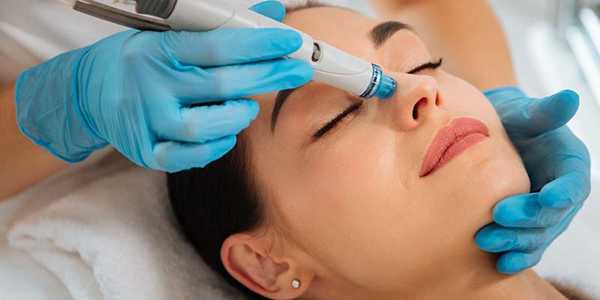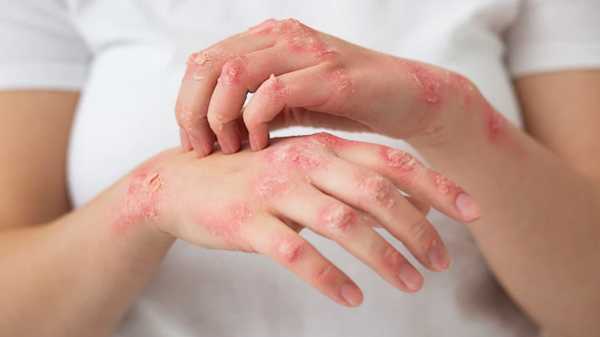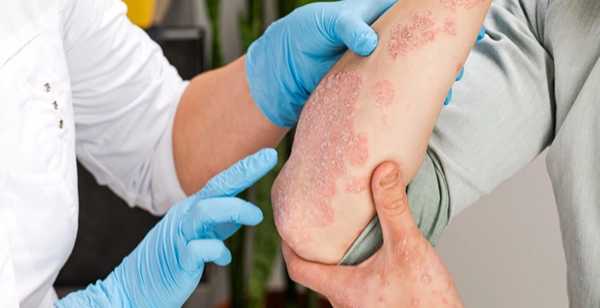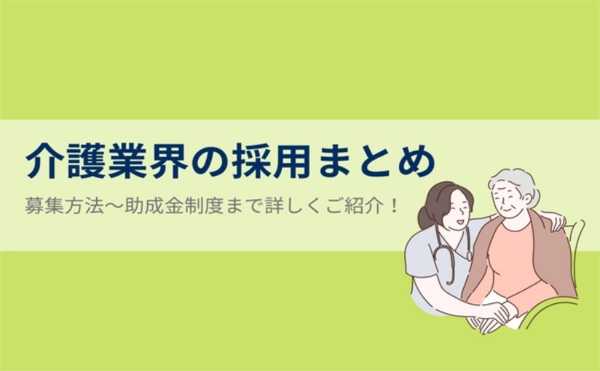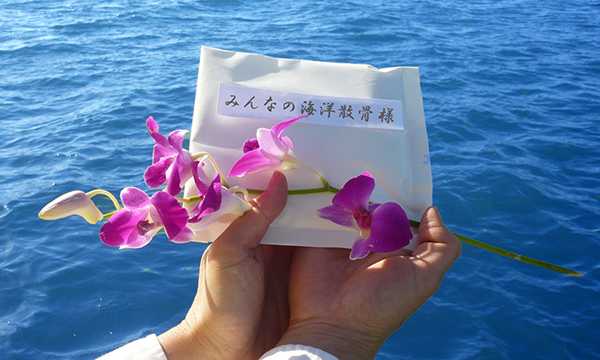Plaque psoriasis is silent but deadly: Here's what your doctor needs you to know
Homeopathy in Hemophilia Treatment: How It Can Help
Hemophilia is a genetic bleeding disorder that affects the body’s ability to clot blood properly. It results from deficiencies in clotting factors—factor VIII in hemophilia A and factor IX in hemophilia B. This condition leads to prolonged bleeding after injuries, and internal or external bleeding episodes, especially in joints like the knees, are common.
Hemophilia is a genetic bleeding disorder that affects the body’s ability to clot blood properly. It results from deficiencies in clotting factors—factor VIII in hemophilia A and factor IX in hemophilia B. This condition leads to prolonged bleeding after injuries, and internal or external bleeding episodes, especially in joints like the knees, are common.
While conventional treatments, such as clotting factor replacement therapy, are widely used, many individuals with hemophilia are increasingly turning to alternative therapies, including homeopathy, to manage their condition. In this article, we explore how homeopathic remedies can complement traditional hemophilia treatment and provide additional support.

How Homeopathy Works in Hemophilia Treatment
Homeopathy is a holistic approach to healing that focuses on stimulating the body’s own natural healing mechanisms. In the case of hemophilia, homeopathic remedies aim to improve the blood vessel function and enhance the body’s clotting process. The goal is not to replace conventional treatments, but to work in harmony with them, potentially reducing the frequency and severity of bleeding episodes.
Homeopathic treatments for hemophilia are crafted from natural substances, and the remedies are prepared in a way that stimulates the body’s inherent healing abilities. For hemophilia patients, these remedies are thought to promote quicker wound healing, reduce bleeding duration, and support recovery after injury.
Benefits of Homeopathy for Hemophilia
1. Affordable Alternative
Traditional treatments for hemophilia, such as clotting factor concentrates, can be expensive and may not be accessible to everyone. Homeopathic remedies offer a more affordable option, especially for those who may have limited financial resources. This makes them an appealing choice for patients seeking an additional form of treatment.
2. No Side Effects
A significant concern with conventional hemophilia treatments is the risk of side effects, such as infections (e.g., HIV or Hepatitis C) from blood transfusions. Homeopathic remedies, however, are made from natural substances and generally carry no harmful side effects. This makes them a safer alternative, especially for patients who are concerned about the risks of conventional therapies.
3. Effective for Joint Pain
Hemophilia often leads to repeated bleeding into the joints, resulting in a condition known as hemophilic arthropathy. This causes debilitating joint pain, particularly in the knees, elbows, and ankles. Homeopathy has been shown to alleviate joint pain by reducing the intensity and frequency of bleeding episodes, providing much-needed relief and improving the patient’s quality of life.
4. Long-Term Immune Boost
Homeopathic remedies are designed to support overall health by strengthening the immune system. This can be beneficial not only in managing hemophilia but also in preventing future bleeding episodes. Strengthening the body’s immune system can help patients recover faster, improve their resilience, and reduce the risk of complications associated with hemophilia.
5. Complementary to Conventional Treatment
Homeopathy does not replace conventional medical treatments, but it can serve as an effective complement. It is particularly helpful in managing mild symptoms, promoting faster recovery from bleeding episodes, and reducing discomfort during treatment. When used alongside traditional therapies, homeopathy may enhance healing and improve the overall treatment experience.
Is Homeopathy Safe for Hemophilia Patients?
Yes, homeopathic remedies are considered safe for people with hemophilia, especially when used under the supervision of a qualified homeopath or healthcare provider. Homeopathy works gently with the body’s natural processes, and since it uses natural substances, it is typically free of the side effects or risks associated with many pharmaceutical treatments. When integrated thoughtfully into a treatment plan, homeopathy can help hemophilia patients manage their condition without interfering with conventional therapies.
Conclusion
While hemophilia currently has no cure, homeopathy offers a valuable and natural means of managing the condition. It can help control bleeding episodes, alleviate joint pain, and boost the body’s healing capacity—all without the side effects associated with traditional treatments. Homeopathy provides an affordable, safe, and holistic approach to complement conventional therapies, improving the quality of life for individuals with hemophilia.
As with any treatment plan, it is important for patients to consult their healthcare provider before incorporating homeopathy or any alternative therapy. Together with the support of their medical team, individuals with hemophilia can explore holistic options like homeopathy to find the most effective way to manage their condition and live healthier, more fulfilling lives.

